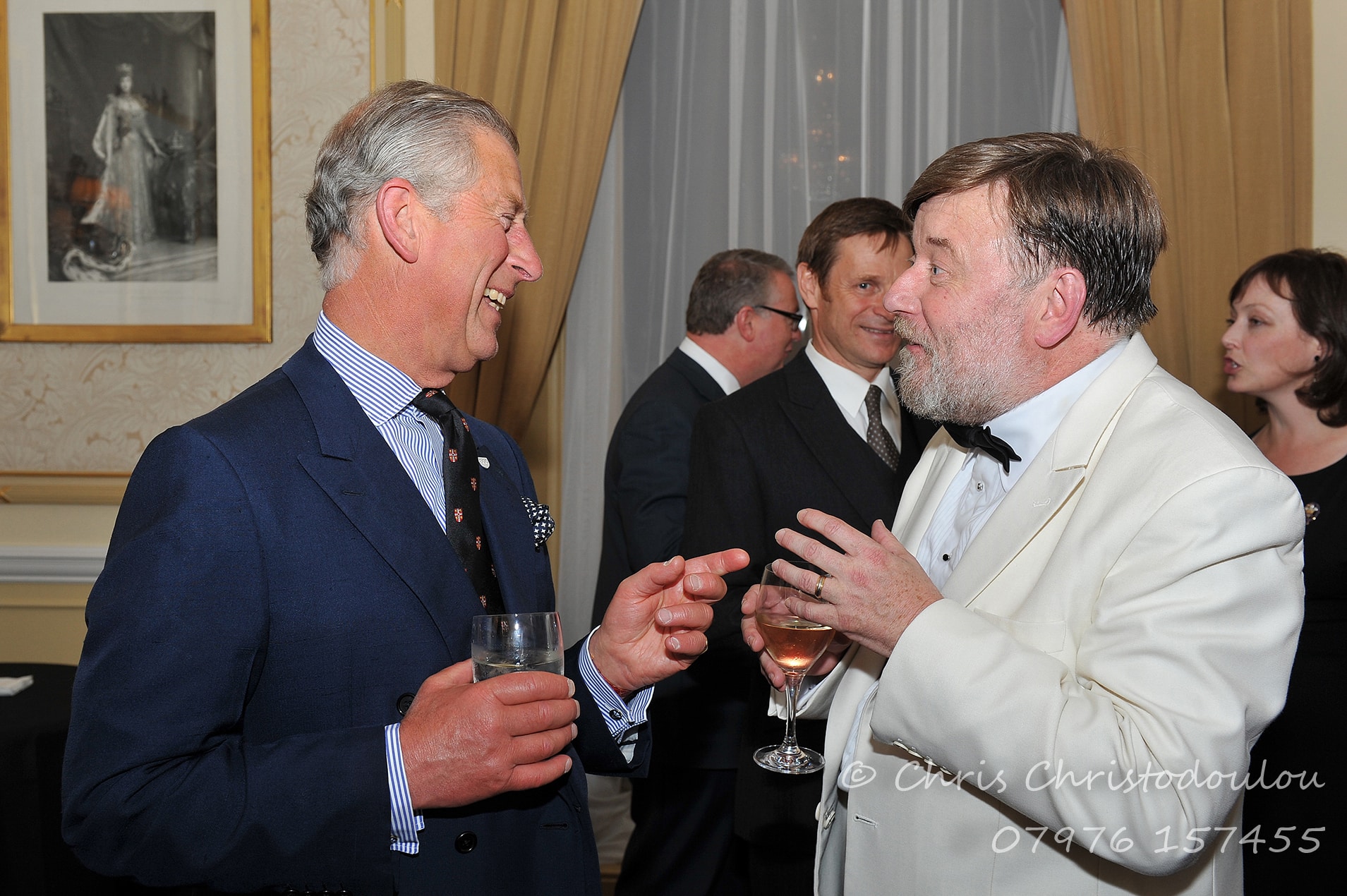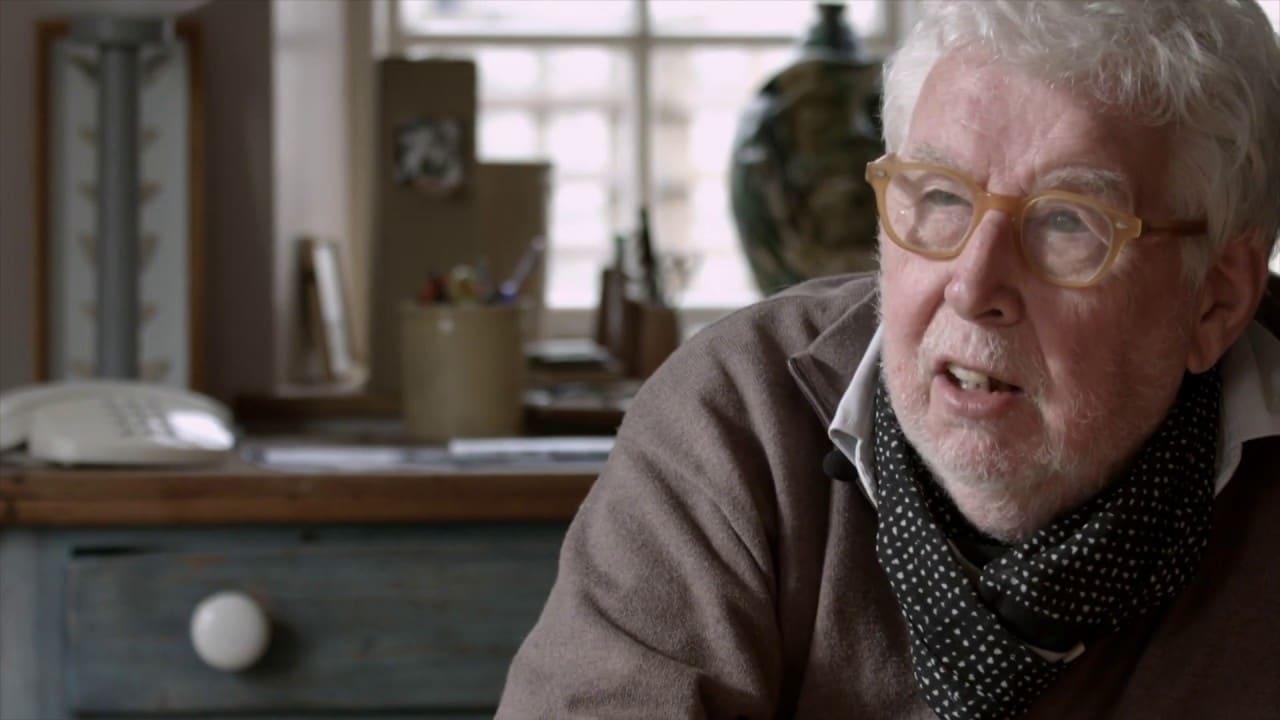In Russia, they are celebrating Tikhon Khrennikov
mainSeven years after his death, there was an official celebration at his home (now a state museum) of the composer Stalin appointed to impose his terror on musicians. Khre nnikov was Secretary of the Union of Soviet Composers from 1948 to 1991.
He was the bane of the life of Dmitri Shostakovich.







He was a complete soab.but had a lovely violin concerto. Leonid recorded it, as it was his duty as a loyal member of the party.
When I radically revised Ian MacDonald’s “The New Shostakovich” for its second edition in 2006, it was clear that Khrennikov was the revisionists’ scapegoat. Without wanting to condone the abuse of political power by Khrennikov, it is worth remembering that, having been personally chosen by Stalin, it was impossible for him to refuse the post he was assigned. Moreover, it is beyond any reasonable credibility to assume that he was allowed any independence over what he said in the 1948 Moscow “conference” (if one can call it that) as the whole spectacle was rigidly stage managed and every word he uttered in public would have been written for him in advance.
I remember hearing an expert British academic (a specialist in Soviet music) expressing concern on BBC Radio 3 some years ago that Khrennikov was rehabilitating himself, and I would not want to question this academic’s vastly superior knowledge of the true situation concerning Khrennikov’s guilt over artistic policy in the USSR, but I would nevertheless suggest that it is high time that music-lovers stopped condemning the music of Khrennikov because of the actions of the man as Secretary. This seems to have started in 1970 with the pioneering (but grossly inaccurate) book on Soviet music by Stanley Dale Krebs, in which the chapter on Khrennikov’s music is devastating. As you, Norman, have acknowledged on Slipped Disc, the music should not be dismissed so lightly, and according to Solomon Volkov, even Shostakovich himself described Khrennikov as “a talented man”.
A currently available 3CD Melodiya issue of orchestral works by Khrennikov demonstrates that his music is uneven, but that at its best it can be striking and can hold our attention. It’s a pity there wasn’t more music by him, as there might have been had his bureaucratic duties not eaten up his time. We need to separate Khrennikov’s administrative actions from his music, some of which is indeed worth celebrating.
https://www.youtube.com/watch?v=zGcnk3nck98
I like it,
Do we really want an artistic “death penalty” to the work of “criminal” composers? Now that’s a question that bothers me. Linking ethics and aesthetics is difficult, but we seem to do it all the time…
I happen to like Khrennikov’s violin concerto. His name will always be linked to ignominy, and I understand that maybe banning his works would be the ethical thing to do. But in the end… Couldn’t we just try to have enough detachment to appreciate the aesthetically good and despise the ethically bad in the same person without feeling ourselves guilty? I do see (and hear) every concert, in a sense, as a display of cultural artifacts from different places and eras. (I appreciate what happens on stage in several other ways, by the way.) Hearing Khrennikov does illuminate, I think, one’s understanding of Soviet Russia (however vaguely). That’s at least one reason to keep his music alive, it seems to me…
On the other hand, maybe this kind of logic is exactly the stuff that makes the stakes in our concert life irrelevant to most people. Any work can be presented as interesting – at the very least, as an “exemplar” of some artistic trend or culture, or whatever. We are probably too obsessed with the past. Sometimes I wonder: if people were more inclined to have an “off with their heads!” (er, oeuvres!) position in matters artistic in general, would we have a better artistic scene? Or just a more “politically correct” one (with an even greater emphasis on a façade of phony correctness than we have now)? If we consider certain composers tainted and hopeless and focus only on what – after careful consideration! – *deserves* praise, won’t we reinforce our moral commitment to what is right at the scant price of a few embarrassing artworks?
So, should art by obnoxious people be neglected? You decide, I can’t. For my part, as an orchestra musician, I will continue playing any works that the artistic direction see fit, even those by some reputable a**holes…
There’s an obvious parallel to be traced here with Israel and Wagner, but I’d better stop rambling…
Cheers
T. Khrenikov was a shy , talented boy out of Russian province and could stay in power with shrewed , Lady Macbeth like his wife Klara Arnoldovna. One defected violinist during WWII wrote about her manipulations. Sorry, don’t remember violinist name.